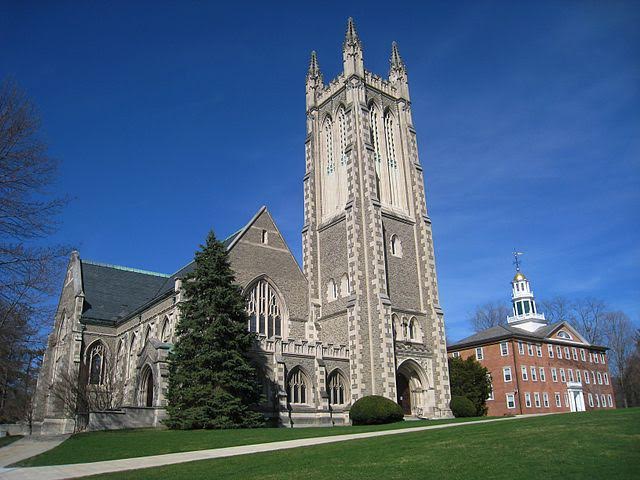MSU, BSU present lecture on Islam, Black radicalism
February 22, 2023

In honor of Black History Month, members of Muslim Student Union and the Black Student Union hosted a talk titled “Black Radical Thought & Movement: Islam in Black America” on Feb. 18 in the Thompson Chapel Muslim Common Room.
The lecture explained that many Black individuals converted to Islam in the early 20th century as they were exposed to the writings of Marcus Garvey. Garvey and the organization he founded, the Universal Negro Improvement Association, pushed for the creation of a separate Black state based on Islamic principles. In 1930, Wallace Fard Muhammad founded the Nation of Islam (NOI), a new religious movement rooted in Black separatism. Elijah Muhammad assumed leadership after Wallace Ford Muhammad and helped the NOI gain more support from figures such as Malcom X, though Malcolm X left the NOI in 1964. Eventually, Warith Deen Muhammad, Elijah Muhammad’s son, transformed the NOI into the American Society of Muslims after assuming leadership in 1975.
Though the lecture discussed historical elements of the NOI, Serigne Ndione ’26 — a speaker at the event — added that he does not condone the beliefs of the NOI, which has been classified as a hate group by the Southern Poverty Law Center for antisemitic and homophobic hate speech. After the lecture, attendees were invited to partake in a discussion about the meaning of Black radicalism. “Some takeaways I wanted for those [who attended are] just the connection between Islam and African American identity in terms of a means of self-resistance and empowerment during slavery and the Civil Rights Movement — even within those in the African American community who were not Muslim,” Ndione said.
In an interview with the Record, Assistant Vice President for Campus Engagement Bilal Ansari, who is also an imam, reflected on how Black radicalism is an act of defiance in predominantly white spaces. “Our art is always under the white gaze, our culture is always under the white gaze, [and] our language is always the case,” he said. “Black radicalism is, at its core, ignoring the white gaze and not performing for the white gaze, but just being true to who we are and to the gifts that God has blessed us with.”
Ansari also spoke on the history of Islam in the Black community and Black religious spaces. He mentioned that historians estimate that 30 percent of enslaved people practiced Islam, since many of them were from Muslim nations in West Africa.
Ansari later reflected on the importance of offering classes at the College on Islam in the Black community. He stressed the importance of the approval of the Africana studies major and said that more scholars, in and out of the College community, should be teaching Black history. “This is part of our American story, not just a religious story,” he said. “This is our story as Americans and all across the United States.”








